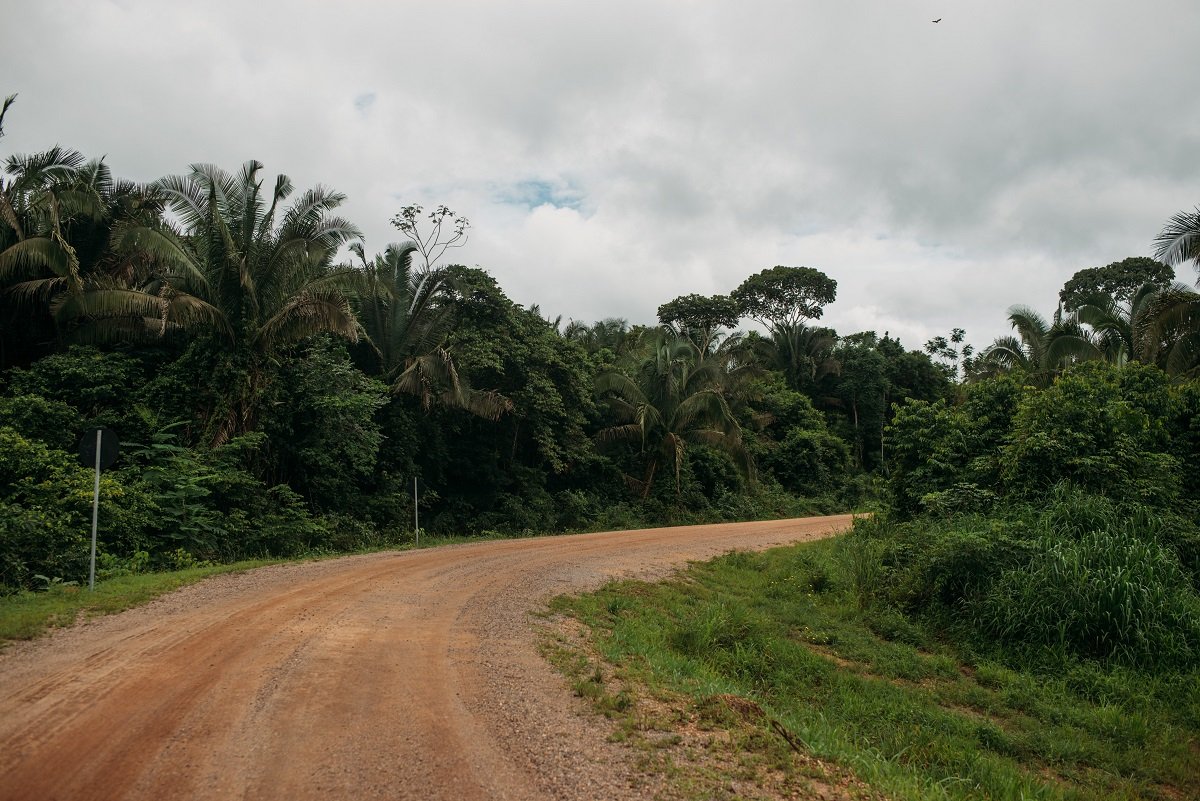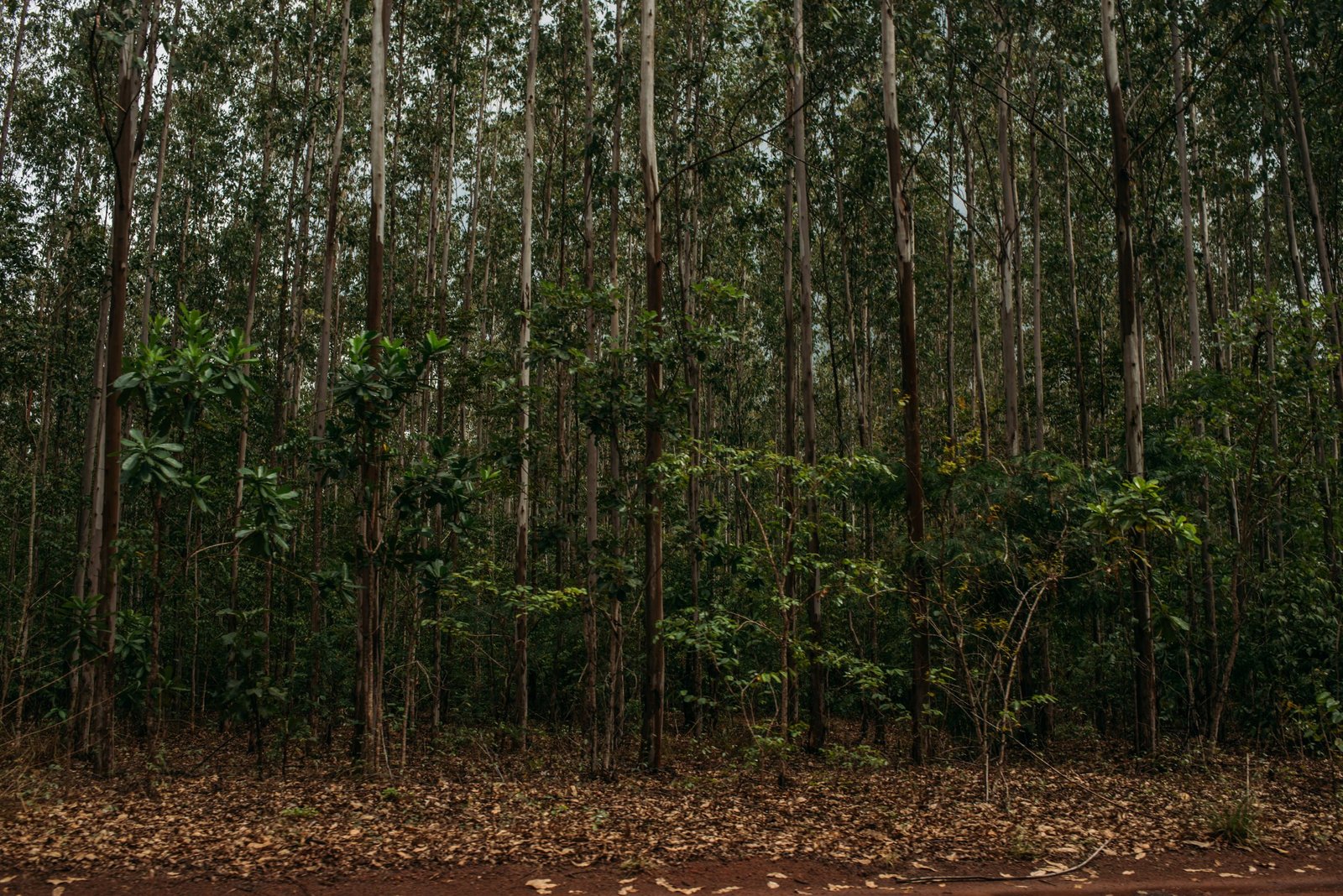JournalismFund Europe- Extrativismo e agronegócio
Com o apoio de uma bolsa do JournalismFund.eu, desenvolvi um projeto e investiguei, junto com a minha colega americana Sarah Sax e a fotógrafa contratada Ingrid Barros, os impactos da celulose da Suzano no Maranhão e na Bahia, da soja no Maranhão e no Piauí e das atividades da Vale em Carajás e Marabá no Pará.
As matérias colocam em perspectiva como grandes projetos são apoiados por investidores europeus e americanos, em commodities que são exportadas para todo o mundo e causam inúmeros impactos socioambientais, afetando a vida de indígenas, quilombolas e populações tradicionais.
Mesmo assim, essas empresas conseguem captar recursos considerados “verdes” e “sustentáveis” no mercado, em um típico movimento de greenwashing que costuma passar à margem da cobertura da mídia.
Journalismfund Europe vzw is a Brussels-based independent non‐profit organisation incorporated by citizens in 1998. The organisation was established with the purpose of facilitating investigative, cross-border and independent journalism in order to strengthen democracy in Europe by connecting donors and journalists without endangering the journalists’ independence.
Matérias publicadas:
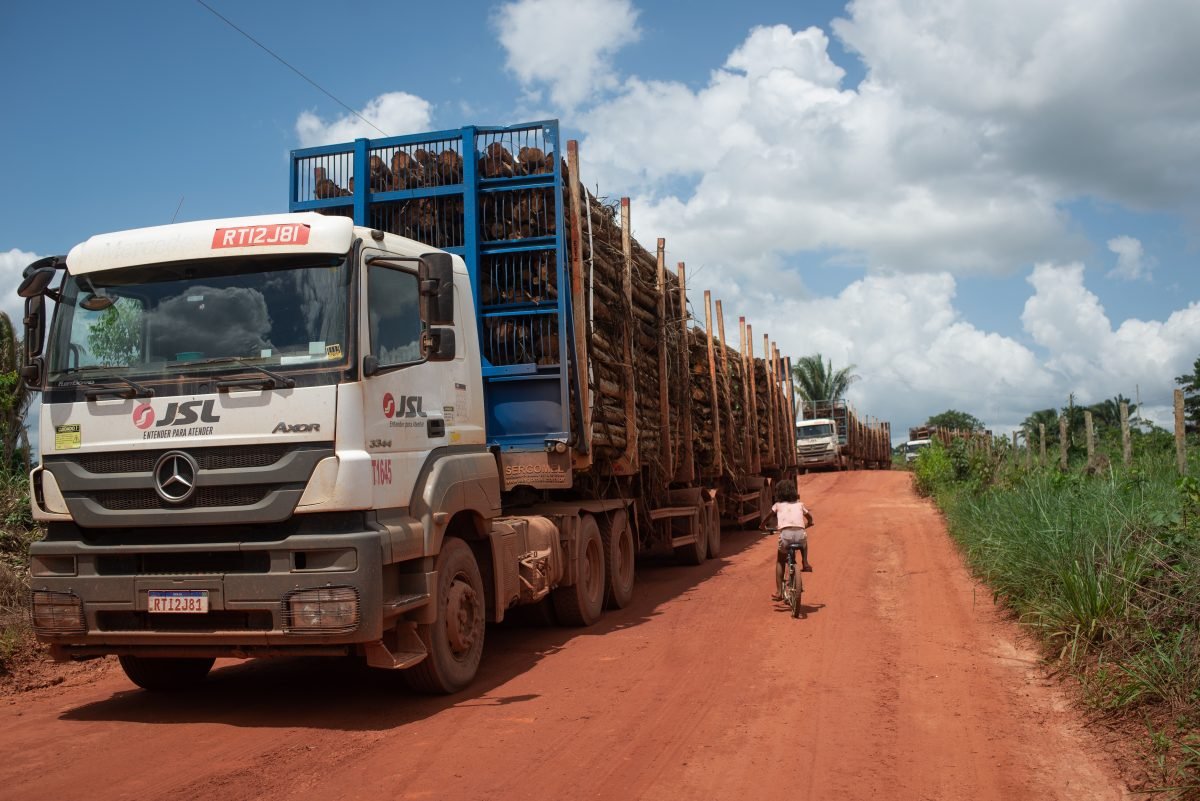
1 – Na Deutsche Welle, sobre o greenwashing da Suzano
Resume
DW investigated eight ongoing socio-environmental conflicts on the ground in Brazil involving Suzano, Latin America’s biggest eucalyptus pulp producer, and spoke to officials, community leaders and union representatives who gave information on at least 40 more.
According to documents Suzano is required to submit to the US Securities and Exchange Commission, the company is facing 262 possible and probable civil and environmental proceedings, and 2,449 probable and possible labor proceedings.
Claims against the company range from indiscriminate use of pesticides and pollution of waterways to land grabbing and failure to consult with traditional communities on infrastructure projects.
Yet Suzano, which manages over a million hectares of eucalyptus plantations across the country and plans to almost double that in the next decade, has succeeded in achieving high environmental, social and governance (ESG) ratings. It has attracted billions in green investments.
English: Paper at the expense of communities and nature in Brazil. Published on Deutsche Welle in June, 22th:
Portuguese: Vista como sustentável, Suzano acumula denúncias ambientais
Spanish: Papel a costa de las comunidades y la naturaleza en Brasil
German: Brasilien: Greenwashing in der Papierherstellung?
Indonesian: Investasi Hijau Bantu Perusahaan Penyerobot Lahan di Brasil
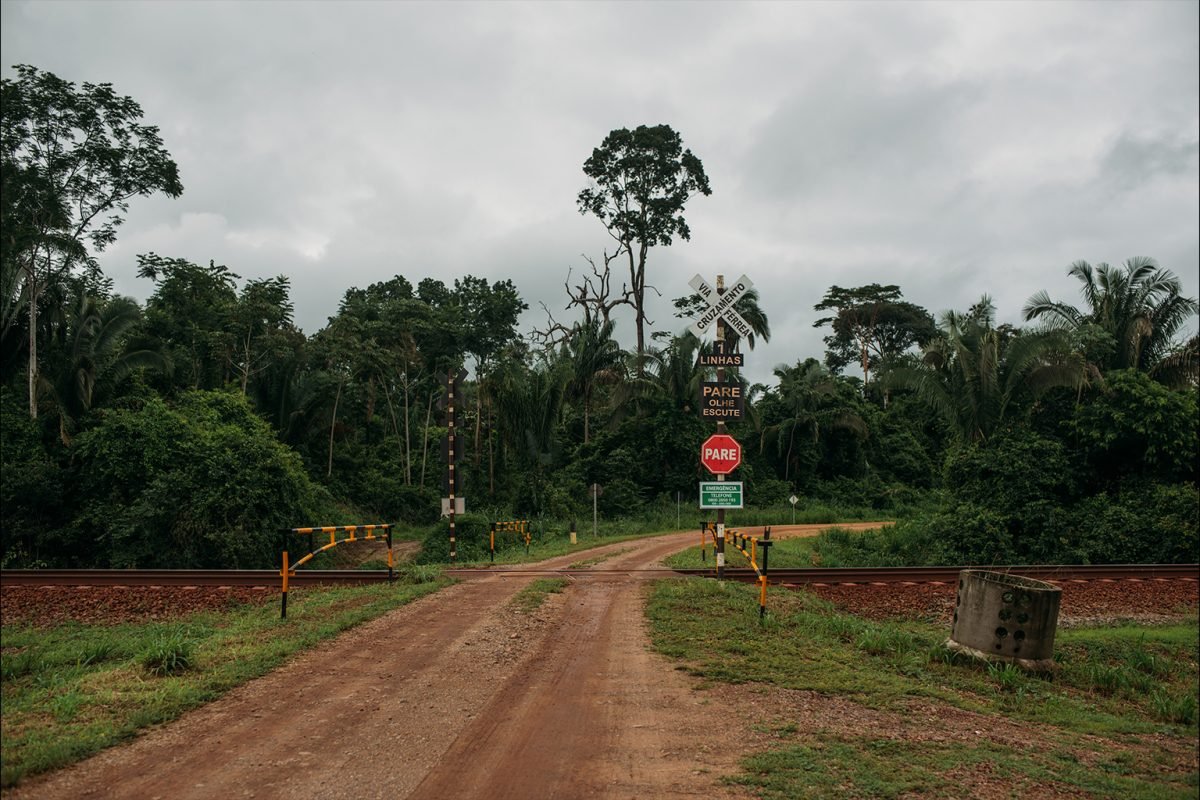
Matéria 2 – Sobre a Vale e os impactos da Estrada de Ferro Carajás no povo indígena Gavião
In 1985, mining giant Vale opened a railroad that cuts through the Mãe Maria Indigenous Territory in the Brazilian Amazon.
Since being built, the railroad has driven away game, cut off access to important water bodies and disrupted the Indigenous peoples’ way of life by introducing compensation money paid by Vale into the daily life of the villages.
Now, the mining giant has secured permission to build a second railroad track.
Indigenous leaders say that not only will the railroad extension cause greater environmental damage, but also that the company reached the agreement by using “divide and conquer” tactics over the years and by applying other maneuvers they consider unethical.
Na Mongabay e no Observatório da Mineração.
Em inglês: Divided by mining: Vale’s new rail track fractures an Amazon Indigenous group
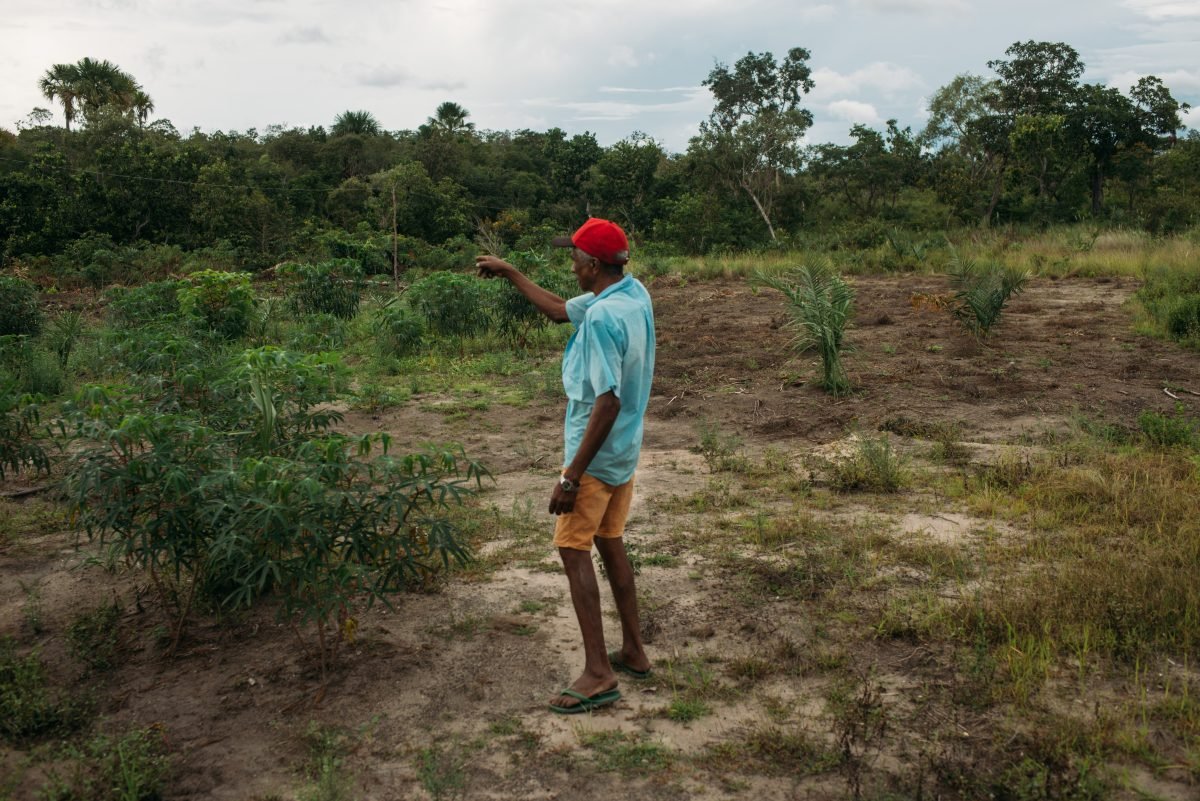
Matéria 3 – Who’s behind the destruction of Brazil’s Cerrado? – Grist
The Cerrado, the world’s most biodiverse savanna, stretches 1.2 million square miles up the spine of Brazil, covering a fifth of the country. Squished between the Amazon rainforest on one side and the Atlantic rainforest on the other, it has been dubbed “the underground forest” because so much of its biomass is found in the long, thick roots that funnel water down into aquifers and store impressive amounts of carbon. Deforestation and land use change is Brazil’s single largest source of greenhouse gas emissions, so conserving the Cerrado, and its role as a carbon sink, is crucial for Brazil to meet its Paris Agreement goals. Much of the biome’s last remaining tracks of native Cerrado vegetation are in Matopiba, the country’s last agricultural frontier.
In Matopiba, some 1.7 million acres of native vegetation were ripped up and turned into soy plantations between 2013 and 2021, helping to turn Brazil into the world’s largest producer and exporter of soybeans. Most of the beans are used to fatten livestock in Europe and China, the two biggest buyers of Brazil’s crop. The usual narrative is that the destruction of the Cerrado is closely linked to the growing demand for meat and dairy. The full story, however, is more tangled and wider in scope: Behind this rapid and widespread transformation are some of the world’s largest investment funds that have put billions into buying farmland in the Cerrado, including pension funds in Sweden and Germany, Harvard University’s endowment, and the Teachers Insurance and Annuity Association, better known as TIAA, the $1.2 trillion pension fund for 5 million people across the United States.
